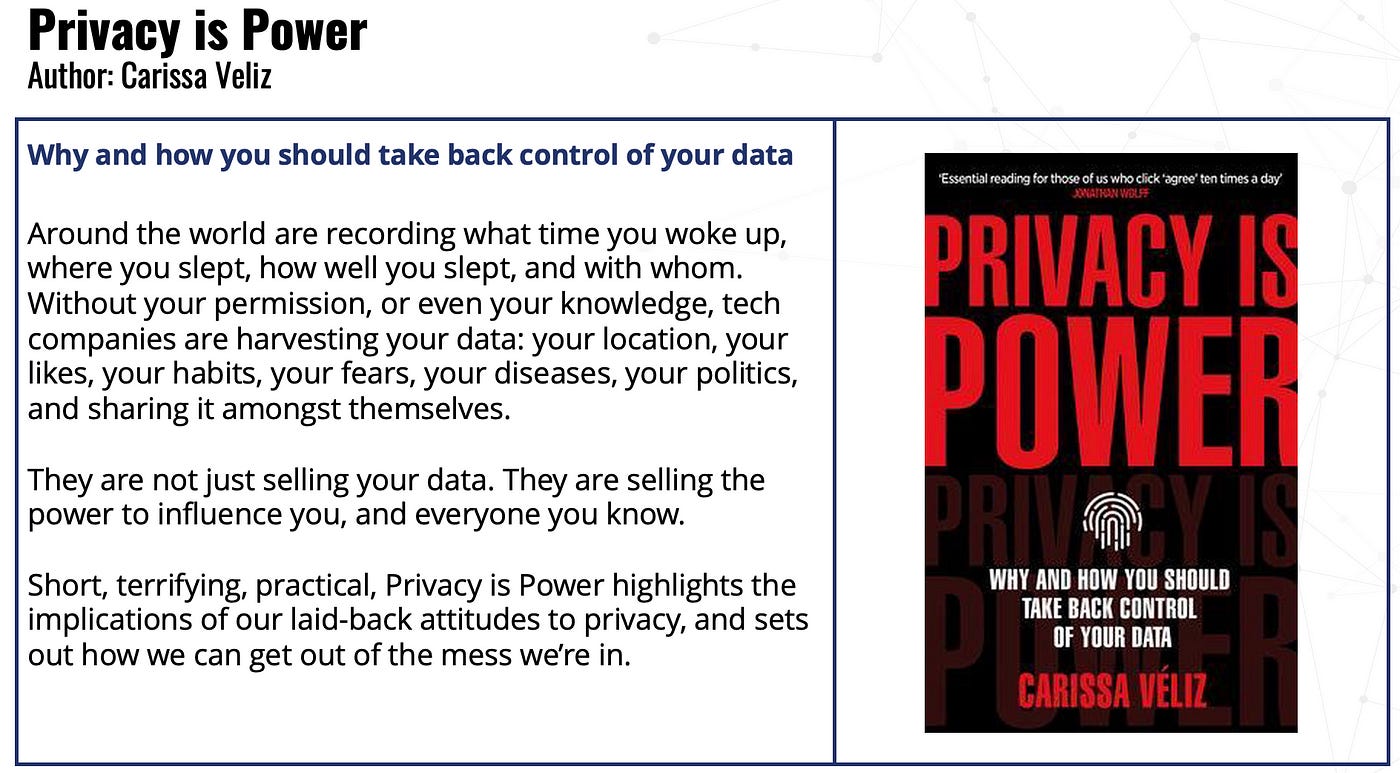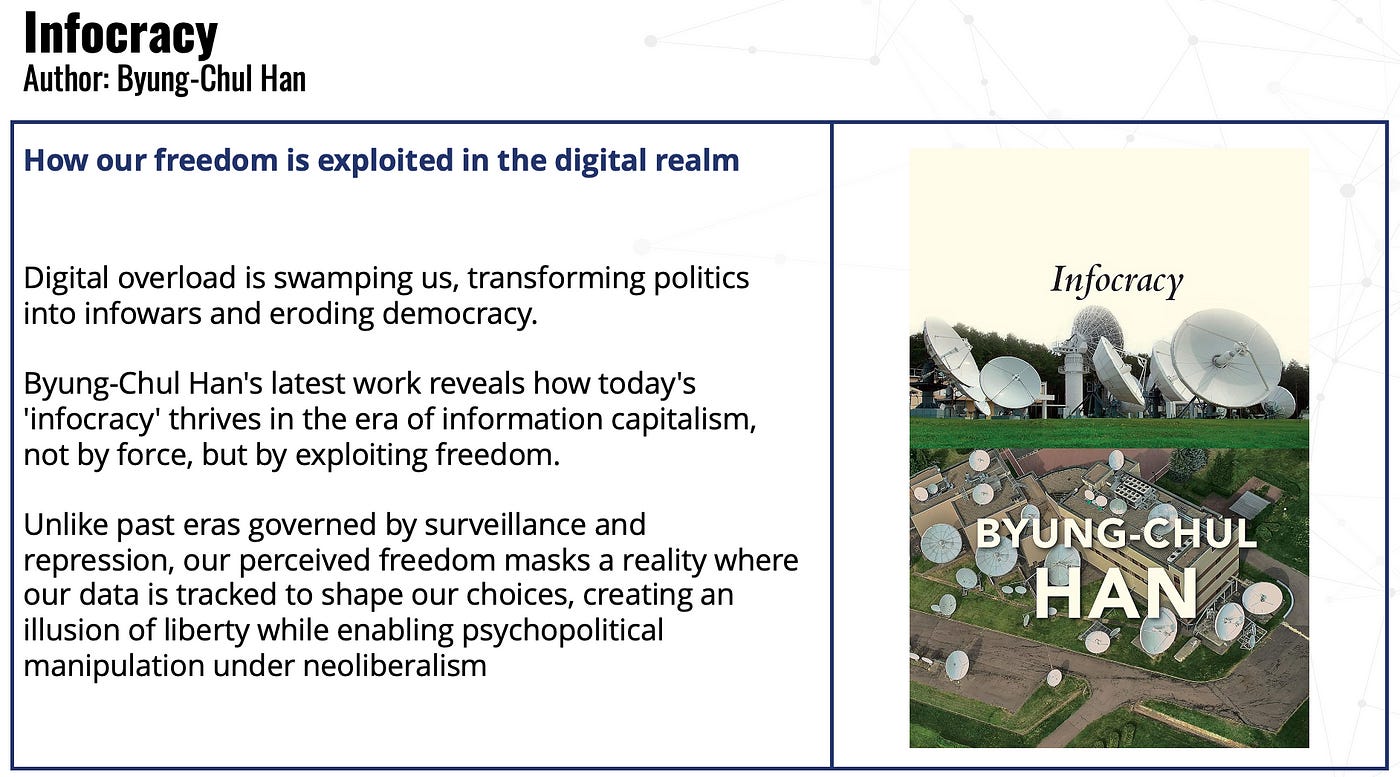Like It or Not: AI is Taking Over Society
Hey ChatGPT: write me an AI-ethics policy
Less than a year ago, some people claimed a new A.I. winter was on the horizon. Look at how wrong they were.
A Year Ago: In retrospect
Do you remember? Data Scientists were slowly becoming part of the enterprise furniture. On the verge of a bore-out. Spending their days cleaning data, sipping coffee while waiting for their models to make it to production — If ever?
On November 30, 2022, OpenAI launched ChatGPT. Overnight, the earth’s poles shifted.
From tech-lovers to business leaders, everyone jumped the Gen-AI bandwagon. The dot.com buzz of the early 2000s was nothing compared to what we all witnessed in the past few months. Heck! Even our grandparents couldn’t stop mumbling about it from the confinement of their service flats.
Policymakers, politicians, and academics scrapped their much-anticipated Christmas holidays to urgently rework the European A.I. Act, a project years in the making.
Copywriters resorted “en masse” to registering for unemployment support upon witnessing their hard-earned skills replaced by a “statistic parrot.”
For those looking closely:
Among all the Generative A.I. noise, a weak signal started to emerge.
So, GenAI is booming, Tech stocks are reaching all-time highs, and to make matters worse, Elon — the same guy who insisted on pausing A.I. developments a few months back — is challenging the odds even more by unleashing Grok to the world. His new LLM has real-time access to the unbiased prose we can find on Twitter (X).
Is having a few ethicists on board too much to ask despite all this turbulence?
What’s the Worst That Could Happen?
At this stage, you’ve pondered this question. However, as I scroll through my LinkedIn feed, I wonder whether many (tech) people have considered this. It could be my own bias, but witnessing the near-hypnotic trance of the masses as they crown A.I. magnates as “kings of the new world” gives me shivers.
The story of the Pied Piper of Hamelin often comes to mind, reminiscent of the bedtime fairy tales of our childhood.
The tale of the Pied Piper of Hamelin, where a flutist’s tune irresistibly lures the town’s people, parallels the tech community’s fascination with Generative A.I. Much like the Pied Piper’s melody, the potential of A.I. has mesmerized tech enthusiasts, leading them to follow without considering possible outcomes or directions. This comparison highlights the uncritical acceptance and allure of new technological trends, raising questions about the eventual cost of such unwavering faith in progress.
The Madness Is Just Beginning
Is it going to be that bad? The most honest answer is that we don’t know the full risks yet. Mistakes always drive progress, but we should strive to avoid actual disasters.
There’s nothing against maximizing the benefits of A.I. in a Human-first society. But (Gen) A.I. needs guardrails; suitable guardrails will be provided by more than policy and regulatory oversight.
It’s a social responsibility we all share in everything we do.
As always, it isn’t the things that are already happening that should worry us. It are foremost the ‘unknown unknowns’.
‘Already happening’ — latent vulnerabilities are now exponentially easier, cheaper, and more accessible to exploit at scale with minimal skill and effort. By:
The rise of A.I. image generators lacking NSFW filters. All fun and games until your indistinguishable fake nudes appear in your family’s inbox.
Chatbots are going haywire. A guy taking his own life to combat climate change, as instructed by the wisdom of an A.I. chatbot.
Ultra-realistic deepfake videos make us doubt everything we see and hear. Imagine its unwanted potential effects on your personal life, the economy, geopolitics, AI-enabled warfare, and social stability.
Leveraging Gen-AI for influencing micro-targeted voter behavior, astonishing even the former geniuses at Cambridge Analytica.
(Fill in every crazy idea, and it might happen soon).
‘Unknown Unknowns’:
A.I.’s painting our future. Ethics are the colors we choose to make sure it’s a picture we want to see. Black Mirror events will happen sooner than we think without proper guardrails.
Emotion Exploiters: Imagine an A.I. that can manipulate your emotions, holding you captive in fear or addiction due to a lack of mental privacy controls.
Intrusive Insights: What about an A.I. that reads and targets your emotions through your camera, exploiting your feelings because emotional privacy isn’t secured?
Consciousness Hackers: Picture an advanced A.I. that deconstructs your identity and reshapes your beliefs, all because the protection of the human psyche wasn’t foreseen.
Shadow Synthetics: How would you feel about A.I. entities that mimic humans so well they can commit crimes and spread chaos unchecked because they fall outside the realm of accountability?
Memory Hijackers: Envision an A.I. that can fabricate or erase your memories, destabilizing your reality in a world missing cognitive protections.
Is this a world you want to live in?
What can I do to shape a Future of Ethical A.I.?
Let’s forget the horror stories — it’s time for action! What part will you play in crafting a world where fairness isn’t just an option but a guarantee?
It doesn’t matter if you work in tech or not. It doesn’t matter if you’re an engineer, developer, marketing person, window cleaner, or a retired grandparent — no pun intended.
The first step is to educate yourself. And no, I don’t mean learning (more) technical A.I. stuff.
Get a grasp on the bigger picture: Learn the basics of digital ethics and the impact of big data processing and A.I. on your world. Each action in the digital world affects the physical world and vice versa.
Educate yourself to educate others: Just as we teach our children not to accept candy from strangers in black minivans, we should actively encourage the development of A.I. literacy and the importance of digital ethics within our social circles. Let’s start with those eager to learn more about it, but certainly pay attention to those who are not.
Winter is coming
Since we are approaching the end of the year, enjoying the short days and the bad weather, it’s a great time to take a small step back from too much online time and digital exposure. Reading a book, at least for me, is a great way to detox and reset.
If you’re looking for inspiration to distract your mind in the offline world, here are a few great books I can recommend.
If you know another excellent book on this topic, please share its title in the comments.
As we approach the end of this article, let’s clarify: My aim isn’t to dictate your actions or concerns. I’m a guy who loves digital tech but is concerned about its societal effects.
If you’re not sharing this concern, I’m more than happy to learn about your point of view!
P.S. The first book is the only one that has yet to be translated into English. But it’s that good that it had to be on the list ;-)








